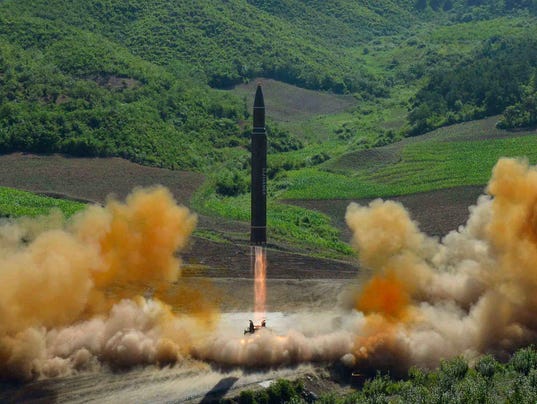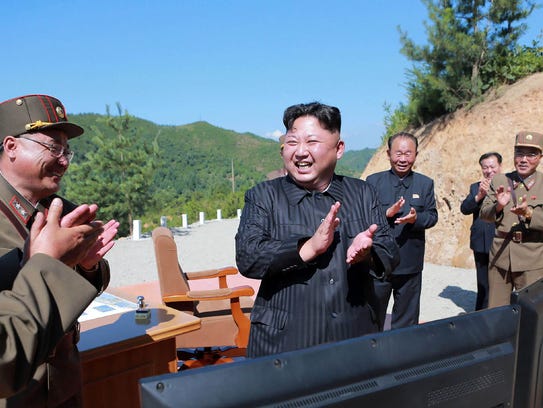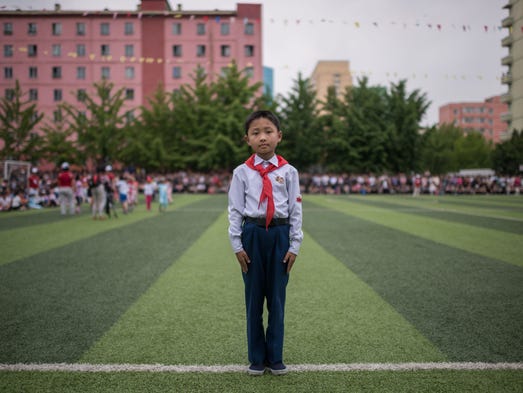By George Weigel
Despite the media and blogosphere attention he attracts, Bishop Marcelo Sánchez Sorondo, a 75-year-old Argentine who is chancellor of various pontifical academies, is a small-bore bit player in the current drama of what friends and critics alike regard as an increasingly dysfunctional Vatican.
Yet when someone of even his relative insignificance announces that “right now, those who are best implementing the social doctrine of the Church are the Chinese,” that dysfunction comes into sharp relief — and a correction of the record is imperative.
Catholic social doctrine is built on four foundational principles: the inviolable dignity and value of every human person, the responsibility of all to exercise their rights in ways that contribute to the common good, the importance of social pluralism and civil society (and thus the rejection of totalitarianism), and the imperative of solidarity (the virtue of civic friendship that binds free societies together).
Those principles helped shape the revolution of conscience that preceded and helped make possible the political revolution of 1989 in Central and Eastern Europe.
Those principles were also in play in the democratic transformations of Latin America and East Asia in the latter decades of the 20th century.
Those principles remain the core of the social doctrine of the Church today.
And in 2018, those principles are systematically denied, in both theory and practice, by the People’s Republic of China.
Bishop Sánchez Sorondo seems to have been much impressed by a recent tour of the PRC, noting in an interview that the Chinese “do not have shantytowns” and Chinese young people “do not take drugs,” which he attributed to a “positive national conscience.”
In that same interview, the Argentine prelate also managed to get in a dig at El Norte, claiming that, in China, “the economy does not dominate politics, as happens in the United States.”
What the bishop evidently did not see, or conjure with, during his tour were the following:
- There are over 1,000 laogai camps spread across China, where slave labor is the rule and political prisoners are frequently murdered, so their transplantable organs can be harvested to benefit the more politically reliable members of the population.
- In China, the state, not a husband and wife, determine the number of children a couple can have, and while the notorious one-child policy has been replaced by a two-child policy, the regime continues to insist that official cadres, not parents, decide on the number of children a family may welcome.
- To enforce its internal population policies, the Chinese state claims the right to conduct compulsory abortions when women become pregnant in violation of state-determined birth quotas — a grotesque cruelty regularly practiced in the PRC today.
- China’s draconian population-control policies have resulted in what amounts to a genocide of unborn baby girls, which has resulted in the most imbalanced boy-to-girl ratio of any country on the planet.
- China’s people have no right of free movement within their own country, as the ministry of public security assigns every subject of the regime an official residence, a hukou, which is usually the home of one’s parents; yet many Chinese do move away from their hukou, making them illegal aliens in their own country. As one of America’s keenest students of China, Nicholas Eberstadt, put it in a memo to me, “Peasants who move for work to a big city have no right to services like health care or education; are routinely compensated less for work than ‘natives’ with comparable education and skills; and are virtually certain to lose in any dispute with a local. It’s Soweto with Chinese characteristics.”
- China is an officially atheistic state, according to the Chinese Communist Party, and religious persecution is a staple of the regime’s repressive apparatus.
To try to square them with the social doctrine of the Catholic Church requires something approaching a psychotic detachment from reality — or, worse, a willful ignorance, turning a blind eye to repression and persecution in order to indulge fantasies of a socialist paradise freed from the unpleasantness of bourgeois liberal society.
The same detachment from reality also informed Bishop Sánchez’s praise of China’s adherence to the Paris climate accord and its “moral leadership” in the field of climate change.
What air, one wonders, did the bishop breathe in China, one of the most heavily polluted countries in the world?
And does His Excellency imagine that a totalitarian regime, bent on asserting itself as a global power and unaccountable to its populace, is going to seriously address its problems of massive air, water, and soil pollution because it signed a piece of paper in the City of Light?
The “useful idiot” has been a player on the world stage since the days of Lenin (although one wonders whether, in this case, the idiocy is so extreme that the perpetrator’s utility to the regime begins to decline).
Bishop Sánchez Sorondo’s absurd misrepresentations of the realities of 21st-century China put him in a rogues’ gallery that includes such notables as Walter Duranty, who deliberately failed to report the Ukrainian terror famine in 1932–33 to the readers of the New York Times, and Herbert Matthews, whose encomia to Fidel Castro similarly misled the readers of what was once a national paper of record.
The further problem in Sánchez’s case is that his statements, however bizarre, inevitably implicate the pope he serves and cast doubt not only on the prudence of the Vatican’s current attempts at a démarche with the PRC (which I addressed here) but on the integrity of the Holy See.
If a Vatican official, no matter how far down the totem pole, can, with impunity, spout inanities that provide cover for a wicked regime, something is gravely wrong in one of the few centers of power in the world whose primary stock-in-trade is truth-telling.
According to the Vatican yearbook, the Annuario Pontificio, Bishop Marcelo Sánchez Sorondo turned 75, the normal retirement age for bishops, last September 8.
Perhaps his China escapade will suggest to his superiors that it is past time to accept the resignation he submitted then, and thereby deprive him of the megaphone he has used to embarrass the Church, to grossly distort Catholic social doctrine, and to betray the persecuted Catholics of China.




